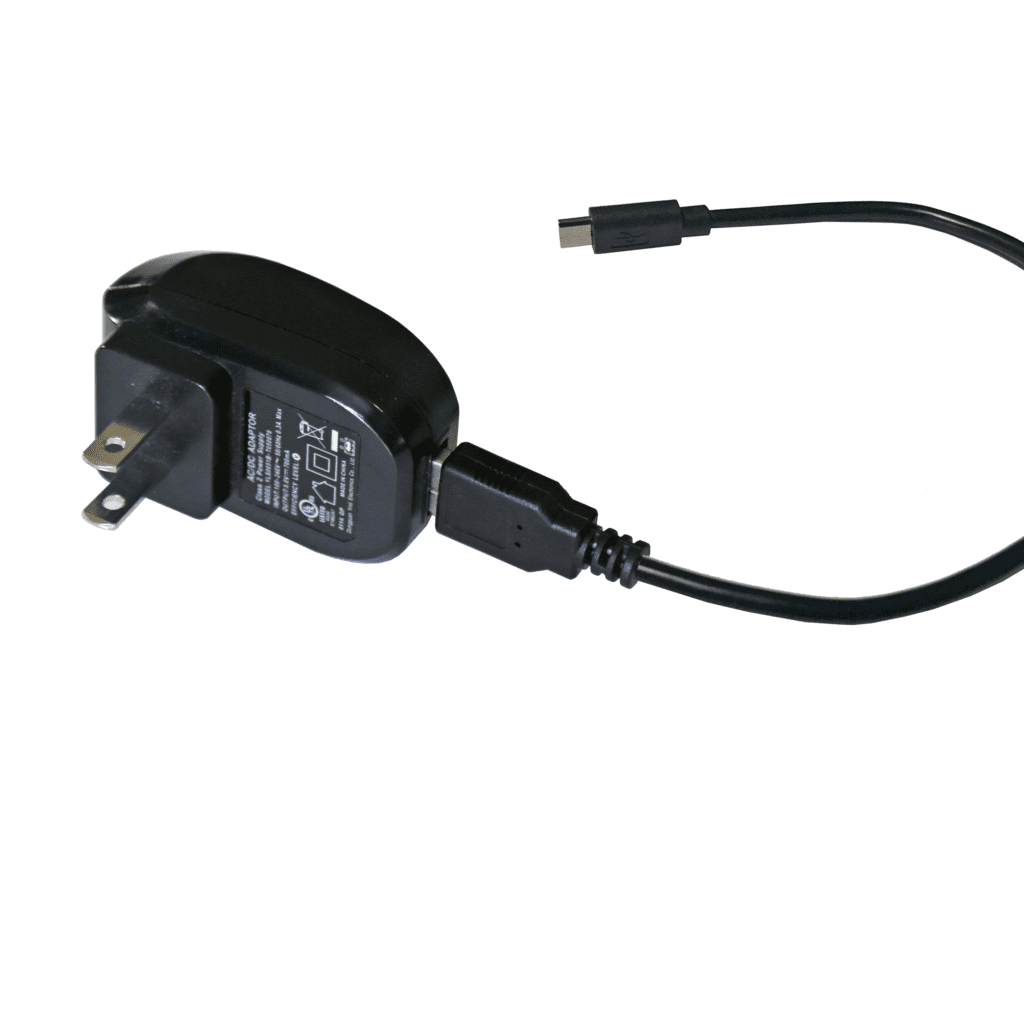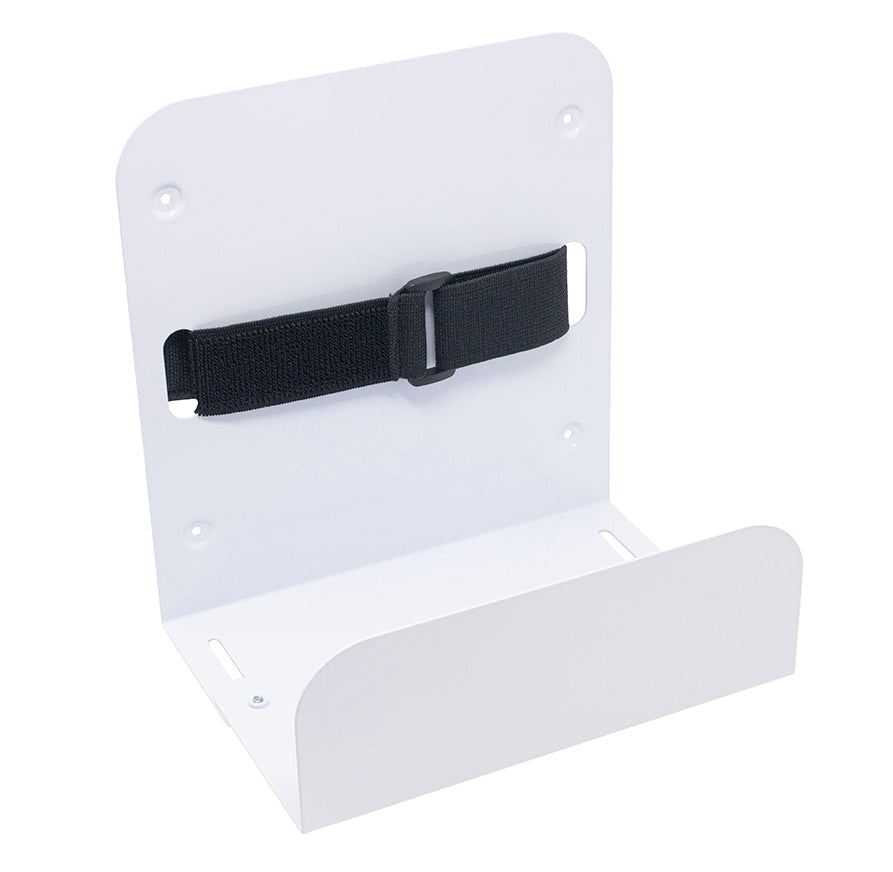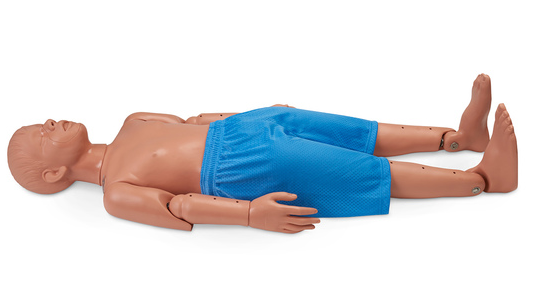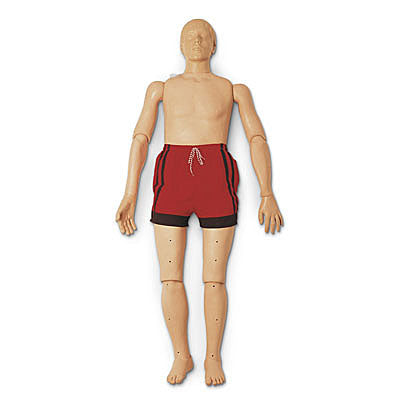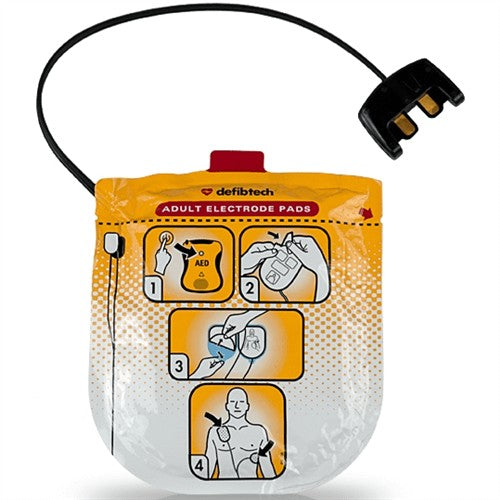Julie West holds a poster of her son, Jake, inside the Indiana Statehouse on Wednesday, March 22, 2023. Jake died from an undetected heart condition, and collapsed while playing football at his La Porte High School. (Elizabeth Gabriel)
Jake West was a 17-year-old who grew up in La Porte, Indiana, not far from Lake Michigan. His mother, Julie West, remembers him fondly.
“He was just kind and he brought other people in,” West said. “He was a type of kid that if someone wasn't included, he was going to make sure that child was included. That’s just how he was, from the time he was little.”
As an athlete, he passed all of his physicals and he didn’t show signs of underlying heart problems – he was a healthy kid. Until one day, he wasn’t.
Jake collapsed after running a play on the football field. School staff did CPR and student trainers jumped in to help out. But he died on the field in September 2013 from an undetected heart condition.
“Every child should come home from school,” West said. “They should not die at school. And so schools need to be prepared for that.”
West is the founder of the Play For Jake Foundation, which works to prevent sudden cardiac arrest deaths and provides heart screenings for youth. She's also advocating for Senate Bill 369 in the current General Assembly. The proposal would require automated external defibrillators – more commonly called AEDs – to be accessible at schools’ extracurricular activity practices and performances, including athletics, marching band and theater. Students have an increased risk of sudden cardiac arrest at these events.
The bill is supported by many lawmakers. It passed out of the full Senate and was approved by the House Education Committee last week. This week the full House will vote on it.
If approved, the legislation would apply to all Indiana public, charter and private schools. But mandating these devices is a complicated decision.

